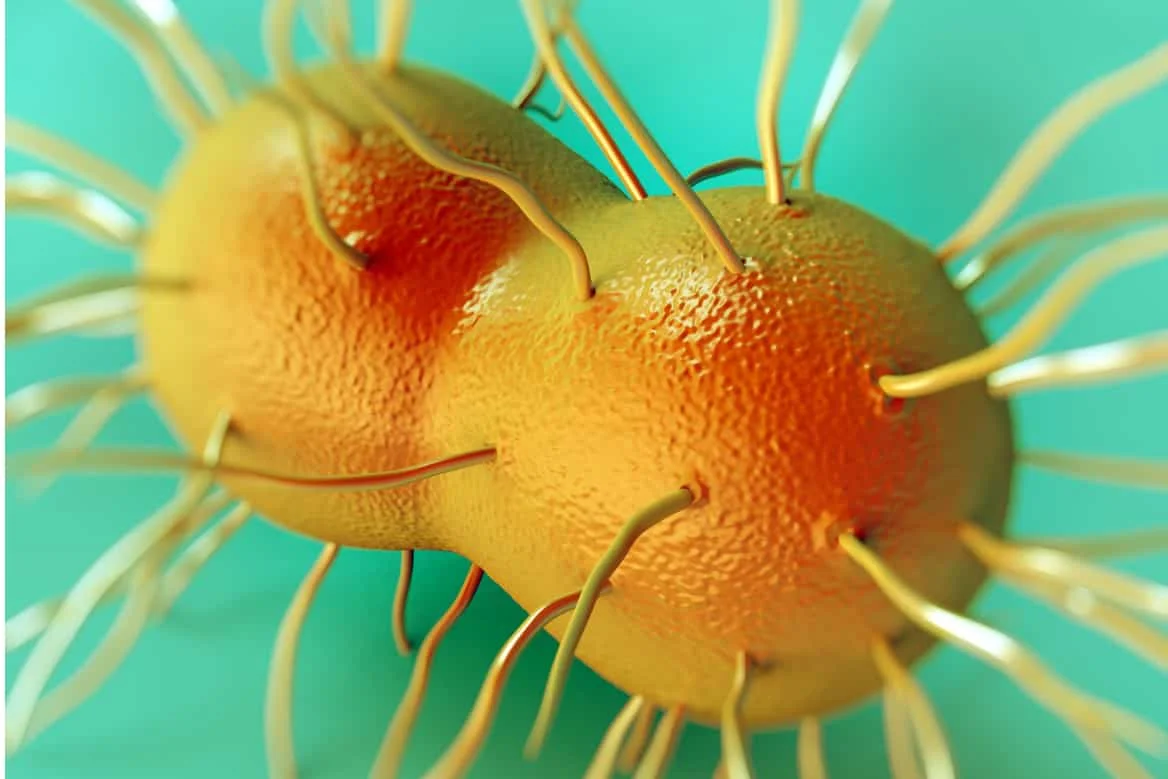
Monday to Friday 9:00 AM - 6:00 PM
Saturday to Sunday 10:00 AM - 2:00 PM
 Book Appointment
Book Appointment

Monday to Friday 9:00 AM - 6:00 PM
Saturday to Sunday 10:00 AM - 2:00 PM
 Book Appointment
Book Appointment

Gonorrhoea is a one kind of STI. It's formerly known as "the clap", it is caused by the bacteria called Neisseria gonorrhoea or gonococcus.
Gonorrhoea is one of the most common sexual infection in the UK after chlamydia, affecting mostly young adults under the age of 25. Gonorrhoea is susceptible to anyone who is sexually active, or anyone who changes partners frequently, or anyone who does not practice safe sex.
The bacteria which is responsible for gonorrhoea thrives in the discharge from the penis or vagina. It is easily passed down from one person to another through unprotected sex, whether anal, oral or vaginal, with an infected person.
It is also transmitted through the use of sex toys which could be infected, probably because it hasn't been washed or covered after and during sex respectively.
The bacteria can affect diverse parts of the body, from the cervix, i.e. entrance to the womb, the urethra, rectum (through anal sex) and even the throat (oral sex) and eyes. In cases of pregnant women, it can be passed down to the child if not treated before the child is born. In can cause blindness in a newborn baby in severe occasions. If left untreated, gonorrhoea has a high risk of leading to infertility in both men and women. This is why it is essential to get tested once there is suspicion of infection.
Common symptoms of gonorrhoea include a thick green, white or yellow discharge from the penis or vagina, pain when passing urine, lower abdominal pain in women, which is very common, bleeding between periods and after sex, inflammation or swelling of the foreskin(for men) and pain the testicles. Infections in the rectum can also cause discharge, but commonly causes discomfort and pain, and swelling and pain in the eyes. For throat, there are usually no symptoms.
Testing for gonorrhoea simply requires a swab of the discharge from the private part. Although urine test can also be used in the case of men, the swab test is a much better option for women. Treatment should be given as quickly as possible to avoid secondary long-term severe issues such as Pelvic Inflammatory Disease (PID) and even infertility. Gonorrhoea is easily treated with a single injection of antibiotics, including a single dose of antibiotics tablet. With successful treatment, the majority of symptoms should record significant improvement within a couple of days.
Sexual activity should be put on hold until treatment is complete and symptoms have cleared completely. However, a follow-up examination should be carried out to ensure complete eradication of the bacteria.
The most appropriate preventive method of gonorrhoea is to practice safe sex. This is the use of a male and female condom during sexual intercourse, be it vaginal, oral or anal. This should not only be restricted to sexual activity with humans. It should equally be extended when using sex toys. Sex toys should be washed and covered after use. It is most important not to share these toys with anyone else.
Visit STI Clinic London today for more information on gonorrhea tests, treatment and prevention.
